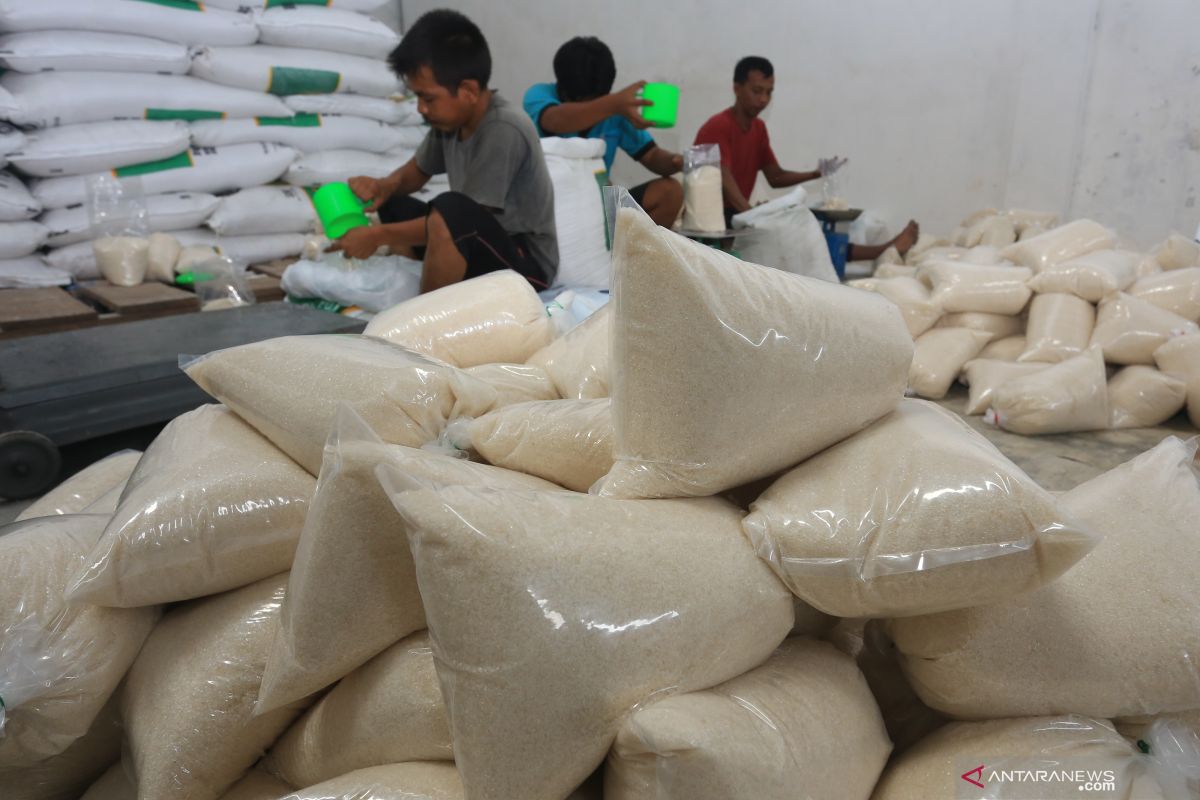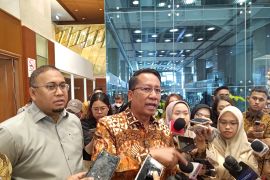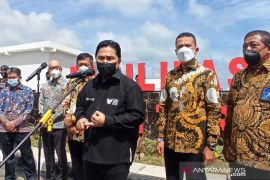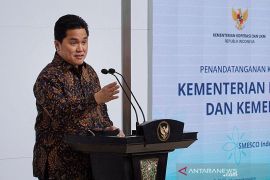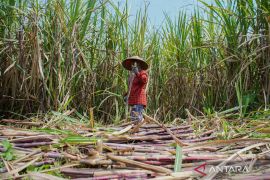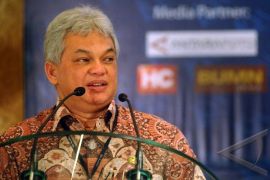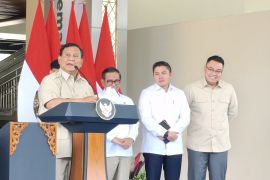The factory has been established as part of a collaboration between PT Industri Sugar Glenmore and PT Research Perkebunan Nusantara, a subsidiary of the Perkebunan Nusantara (PTPN) III plantation holding company.
Speaking at the inauguration, Thohir said he hoped that the step taken by PTPN III would support the nation's target to achieve sugar self-sufficiency by 2025.
"The existence of PTPN must become a benefit for farmers. We also want PTPN to be able to maintain the national sugar balance," the minister said.
PTPN's sugar production has now increased to around 800 thousand tons, he noted. This amount is still not sufficient to meet national needs, and therefore, the government is still continuing to import sugar, he said.
"But for 2024-2025, in accordance with the direction of President Joko Widodo, we hope that we can start managing rice and sugar on our own," Thohir said.
In the 1930s, Indonesia became one of the world's sugar-producing countries, he pointed out. However, production continued to decline until post-independence, he said.
Related news: Sugar self-sufficiency program should be implemented : Minister
"In 2025, we will begin to be self-sufficient again. We are trying, we are working optimally. However, I hope that PTPN's performance, especially since the restructuring finished yesterday, can support our target," he remarked.
Meanwhile, PTPN III president director Mohammad Abdul Ghani said the company will participate in efforts to support the sugar self-sufficiency target.
"By 2024, our target is 1.8 million tons of sugar production," he informed.
During his visit, Minister Thohir also visited sugarcane plantations, provided seeds and fertilizers to sugarcane farmers, and visited the Glenmore sugar factory.
The Bioneensis biofertilizer factory will process biological fertilizer for commodities of crops and plantation, officials said.
Bioneensis's fertilizer contains beneficial microbes isolated from oil palm roots, with high adaptability and association with various commodities, such as plantation crops, food crops, vegetables, and horticulture including oil palm, sugar cane, corn, rice, vegetables, chili, citrus, ornamental plants, papaya, and shallots, they added.
The product contains nitrogen-fixing bacteria, phosphate solubilizing bacteria, and indole acetic acid (IAA) producing bacteria, which act as plant growth-promoting rhizobacteria (PGPR), they informed.
At the Bionensis factory in Banyuwangi, sugarcane waste will be used as a raw material for producing fertilizer, which will then be reused in sugarcane plantations, they said.
Related news: UAE keen to invest in Indonesia's sugar industry: ministry
Translator: Ade Irma J, Resinta S
Editor: Rahmad Nasution
Copyright © ANTARA 2021
